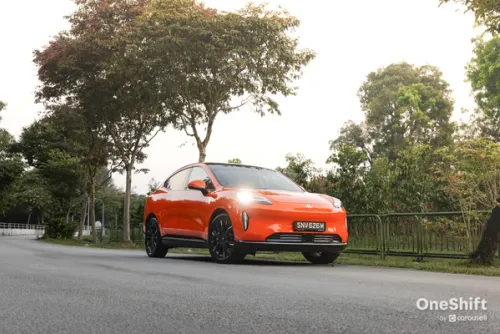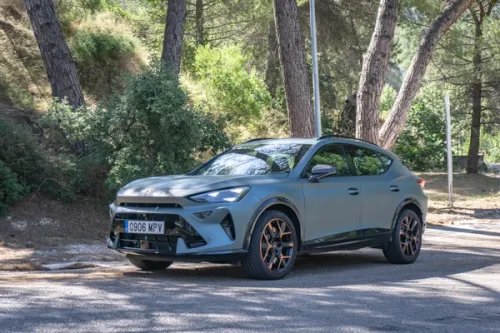Ford Seeks Innovation by Mimicking Nature
Ford will chart new territory as it seeks to create adhesive innovations inspired by the gecko. Working alongside Procter & Gamble, both companies will share biomimicry research findings in the search for new business solutions. For years, Ford researchers have considered ways to make auto manufacturing more sustainable. A key challenge is that glue used to adhere foams to plastics and metals can make disassembling parts for recycling nearly impossible.


Enter the gecko. The lizard’s toe pads allow it to stick to most surfaces without liquids or surface tension. The reptile can then easily release itself, leaving no residue. A typical mature gecko weighing 71g is capable of supporting 133Kg.
“The gecko could inspire a host of adhesive innovations for global applications at Ford,” said Debbie Mielewski, Ford senior technical leader for plastics and sustainability research.
“Solving this problem could provide cost savings and certainly an environmental saving,” she said. “It means we could increase the recycling of more foam and plastics, and further reduce our environmental footprint.”
Buoyed by the biomimetic method, Ford recently hosted a forum at its Dearborn campus with participation from Procter & Gamble and The Biomimicry Institute, a nonprofit organization committed to promoting innovative sustainable solutions to modern-day challenges. Nearly 200 researchers and designers took part in the day-long session to learn about biomimicry and how to apply it to their work.
The biomimetic approach is not new. The Shinkansen, or ‘Bullet Train’, in Japan was inspired by the kingfisher. Velcro took its cues from a burr. And improved medical needles were developed based on the mosquito. Interest in the approach has increased in the last decade as awareness of climate change and environmental challenges is heightened, said Gretchen Hooker, project manager for design challenges at The Biomimicry Institute.
Beyond recycling, the Ford design teams have worked for nearly a decade to find nature-inspired technologies, with recent successes in yarn production for seating materials and headliners.
Ford is the only automaker to use Unifi’s high-performance REPREVE fiber, made from 100 per cent recycled materials including plastic bottles, in its vehicles. Ford employs REPREVE in five of its vehicles – the new F-150, Explorer, Edge, Focus Electric and Fusion – making it a globally used material. The use of REPREVE represents Ford’s commitment to reduce, reuse and recycle, part of the automaker’s global sustainability strategy to lessen its environmental footprint.
Ford designers are now looking to expand upon that commitment, turning to nature to further improve the sustainable materials in vehicle fabrics. The gecko may also inspire fabric technologies that could transform the cabin of Ford vehicles, researchers said.
Credits: Oneshift News Team


Get the Best Price for your used car
from 500+ dealers in 24 hours

- Convenient and Hassle-Free
- Consumer Protection
Transparent Process
With No Obligation








